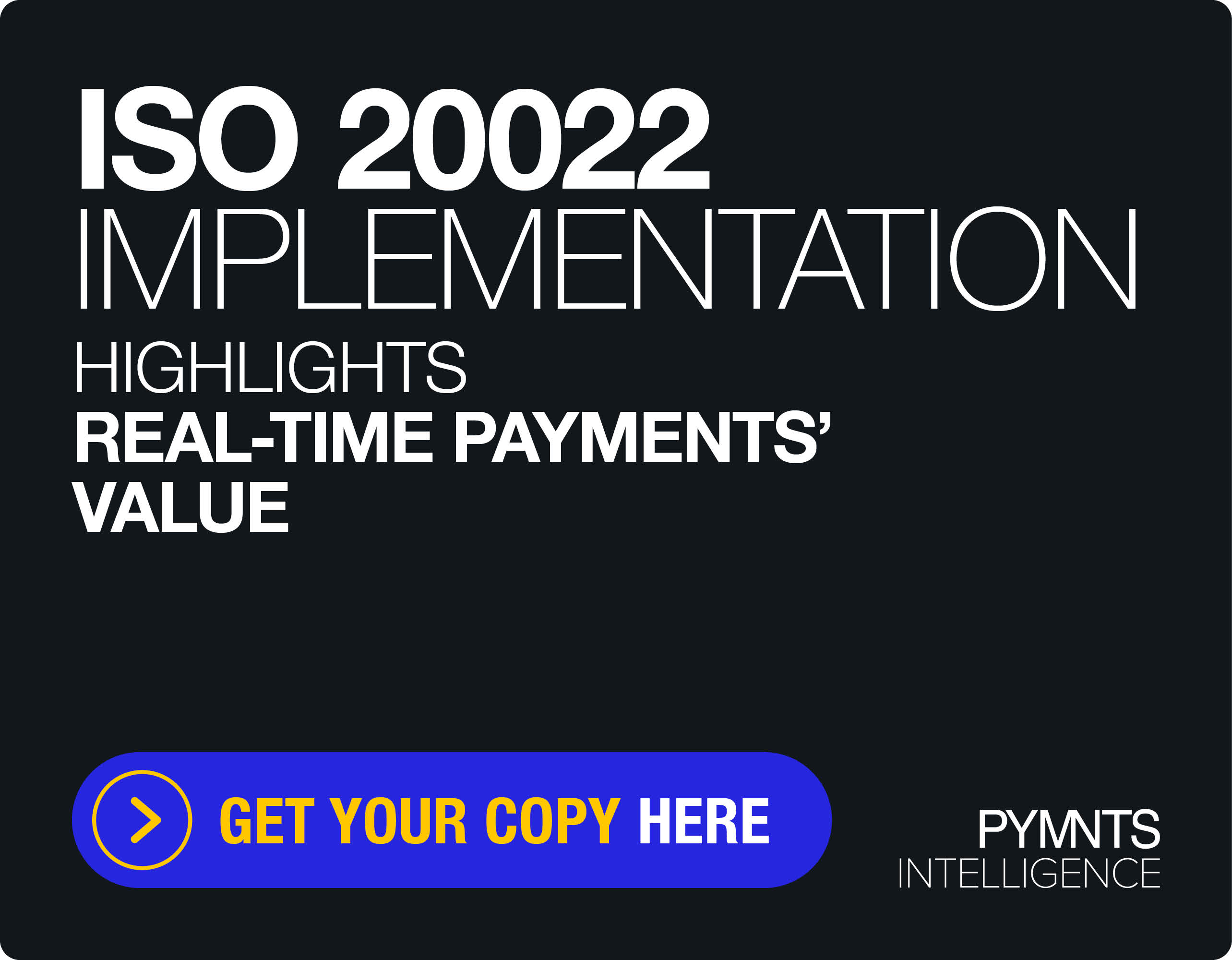FinTechs Foster Digital Transformation in Smaller, Overlooked African Markets

In the technological transformation of payments, it is often the smallest economies that are the last to modernize. At the same time, international payment rails and monetary infrastructures tend to focus on the most widely used currencies before turning their attention to smaller, more obscure markets.
In Africa’s emerging economies, a lack of attention from international FinTechs puts smaller countries at risk of under-digitization and falling behind the technological advancements being made elsewhere.
See more: Rali_cap Debuts $30M Fund for Emerging-Markets FinTech
Two such countries, Madagascar and Mauritania, provide especially interesting case studies due to the unique position of the Malagasy ariary and the Mauritanian ouguiya as the world’s only non-decimal currencies, both being subdivided into five rather than 10.
Separated by an entire continent, the two countries nonetheless share similar problems when it comes to financial exclusion. The World Bank’s Findex reports that in 2017 as few as 10% of the adult population of Madagascar and 17% of Mauritanians had an account with a financial institution, suggesting cash-heavy economies with much to gain from digitization.
Microfinance Goes Digital in Madagascar
The good news for Madagascar is that significant gains have been made since 2017. As the World Bank reports, mobile money adoption in the country grew considerably between 2017 and 2020, from 277 accounts to 645 per 1,000 adults. In the same period, the value of transactions as a share of GDP rose to 47% from 12%.
Currently, Madagascar has three providers of mobile money services: Orange Money, Airtel Money, and Mvola from Telma.
Besides telcos, other nonbanks also provide digital financial services in Madagascar. The microfinance institutions that play a critical role in supporting the country’s agricultural sector and small businesses have been broadening their payment channels to include digital loans via mobile money or bank transfer.
Learn more: Data, Tech Improve Productivity, Credit Access for Africa’s Smallholder Farmers
For example, the Aga Khan Agency for Microfinance first started disbursing loan payments digitally in 2016. In 2020, the lender reported that it had issued more than 611,000 digital loans, valued at $19 million and accounting for more than 10% of its total portfolio.
Madagascar’s microfinance providers are also partnering with the country’s tech innovators to expand loans to otherwise underserved groups. Last month, the microlender ACEP teamed up with the French-Malagasy EdTech startup SAYNA to provide loans of $50 to $600 to students.
SAYNA has built a mobile video game designed to teach digital skills and automatically connects learners to IT microtasks requested by international companies. The latest collaboration with ACEP comes on the back of a $600,000 funding round to further develop the product and acquire new business clients.
Digital Banking Drives Financial Inclusion in Mauritania
Like Madagascar, Mauritania’s FinTech ecosystem has been fertilized by the growth of mobile money and the expansion of electronic payments, a transition that has been accelerated by the adoption of the country’s eMoney law last year.
Read more: Mobile-First Software Solutions Can Help African Merchants Digitize Their Businesses
Since 2020, digital banking has also arrived in Mauritania, first with Bankily from Banque Populaire de Mauritanie (BPM), and then last year with the launch of Masrvi by the Mauritanian Bank for International Trade (BMCI).
In a positive sign for the international attractiveness of the Mauritanian economy, BPN tapped the Indian telecoms firm Comviva to help build its digital banking solution, while BMCI turned to the French FinTech TagPay, which has since rebranded as Skaleet.
Related: Comviva, Strands Team to Provide Banks a Digital Payment Suite
Building on the BMCI partnership, last week Skaleet announced the launch of a new mobile payment project with the National Bank of Mauritania (BNM).
The project will see Skaleet team up with the Moroccan software developer Mobiblanc Finance to build the Click mobile wallet, as part of the BNM’s digitization strategy. With the new project, the BNM aims to “combat the massive use of cash at the national level, support the strategy of financial inclusion, and facilitate the Mauritanian population’s transition from a cash solution to a new digital solution,” Skaleet stated in a press release.
For all PYMNTS EMEA coverage, subscribe to the daily EMEA Newsletter.
